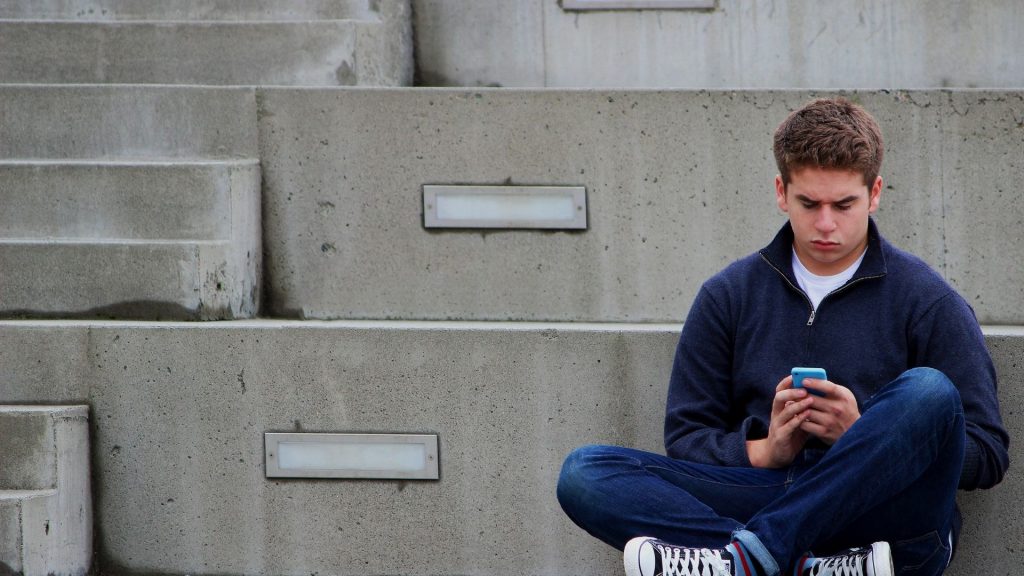What Summer Melt Is, And How Colleges Are Trying To Fight Against It
What to know about summer melt, and how colleges are responding to this growing issue affecting enrollment.

Many high school graduates plan to go to college. Plenty seek out information and display a desire to learn more, but then the summer hits. They get jobs, have to deal with family issues, and/or discover the promising future of trade skills. Whatever the reason, many students don’t end up going to college and various universities have now termed this trend the “summer melt.”
Since the pandemic, the summer melt has grown. A University of Virginia professor has estimated that between 20% and 30% of students plan to attend college, but then change their minds. In an effort to offer more support and encourage young adults to enter college degree programs, some high schools are providing additional counseling for recent graduates to offer them the support they may seek in order to determine whether or not to go to college.
How these counselors approach the subject is unknown. For many years young adults took on masses of student loan debt under the impression that they had to go to college to succeed in life. Now that various demographics of young adults have proven that on-the-job training and alternatives to traditional higher education programs can cut costs and still turn out successful results. Because of this, the summer melt trend may be more complex than students experiencing a need for extra guidance.
What Causes Summer Melt
Young adults feeling the summer melt may look at the rising costs of college tuition and seek other opportunities. While college enrollment dropped during the pandemic, trade schools found an increase in program entry. In addition, college campuses are known for promoting progressive political ideologies and a growing number of college students feel as if they can no longer exercise their right to free speech without reprimand.
Conservative and moderate students who do not wish to play into party politics are turned off by the recent one-sidedness being promoted on college campuses. While minority students are often the focus of activist rhetoric, hispanic voters are polling more conservative than liberal, and consequently, are also more likely to join the summer melt. While low-income ratios are also a main focus of ramping up counseling to push students to enter college, many students reconsidering college plans are wary of taking on massive student loans for degree programs that do not offer the earning potential that other fields provide without extensive college degrees.
Pandemic response also affected these summer melt trends. While 4-year institutions began to level off last year, community colleges struggled for longer. This has been directly linked to virtual initiatives which led 2-year schools to remain remote for longer. As the country is experiencing a serious worker shortage, in-person job opportunities have opened up with massive sign-on bonuses that colleges cannot often compete with — especially if they are still requiring isolation and masking protocols, which have lost popularity among students due to evidence that these measures increase mental illness.

What’s more, college housing issues and transportation are increasing the summer melt. A college housing shortage has grown due to economic struggles and even led UNC Charlotte to overbook student housing. This has left hundreds of students without homes, as they struggle to pay for rising gas prices and ensure that living expenses will be paid. While high school counselors are committed to convincing recent graduates to go to college, the fact of the matter is that the majority of Americans do not believe that obtaining a college degree is worth the high costs.
How Colleges Are Responding
This has led the colleges themselves to get more involved. Instead of just providing more amenities and services, some universities are offering summer Academic Success Programs to draw in recent high school graduates. This is a 5-week crash course in what to expect from college and how to navigate it properly. Whether it combats the summer melt and draws more students in is uncertain, but school officials are hopeful that by bringing young adults on campus they can get them to enroll.
The summer melt is due to various factors. From the failing economy to rising tuition costs, housing shortages, and political concerns, young adults may be eager to go to college when they graduate but can change their minds over time. Whether high school counselors and university leaders believe these students should go to college or not, it is a big decision that can lead to masses of student loan debt and so actually enrolling in degree programs is much more complicated than just considering going to college.



